Water is connected with skin health, skin cleansing water is one of the first things that comes to mind. Water is often thought of as the cure to youthful and glowing skin.
Drinking water may promote hydration but does not seem to always help. There are numerous factors other than just drinking water in achieving healthy and radiant skin.
Overall it is a complicated matter that requires more than just a simple yes or no Answer.
The matter discussed above will be looked upon closely. This article hopes to highlight the importance of drinking water along with other factors that play an equally important role in ensuring skin health.
Why Hydration Matters for Healthy Skin
We He all know that drinking water is important for your overall health the right amount of water. It manages organ health and functioning, boosts energy, and flushes out toxins. But what about your skin? Does drinking water actually help you look younger and feel refreshed?
The truth is, hydration plays a vital role to maintain the health of the skin.
Like every other organ, your skin needs some moisture to function properly. It is also beneficial. Skin, nourished from within, comes out as a supple, smooth, and vibrant outer layer which helps put forth a youthful skin.
The skin’s elasticity is maintained, and stretching, sagging, or wrinkling is prevented. Cells of the skin that are properly hydrated are less likely to dry, flake, or be irritated.
But drinking water is only one piece of the puzzle. If that were the case, everyone would be basking in the glorifying looks of clear, glowing skin just by drinking more water. But as much as water helps, it isn’t the sole answer.
Role of Water in Skin Hydration
Both inots skin care procedures and healing your skin after an injury or a tiny cut, requires strain amount of moisture in the skin in the correct amount. Therefore, your skin can be described an exceptional barrier even if your body is immersed in Water, such as the ocean or a swimming pool.
Drinking water is also very crucial to your body’s normal skin functions. The water also aids in the metabolism of your body as well as maintaining the body in optimal temperatures. Your skin Allies it’s elasticity, softness, suppleness along with skin temperature.
So ans tongue Do not be too harsh on yourself for expecting time and water to transform skin. The water on its part melts the skin and works it. So it excess water, it Oil or dirt pores are blocked and result will appear at first the skin rising the overworked barrier.
The Amount of Water You Need for Healthy Skin
Staying hydrated is a cornerstone for any skincare routine, and we’re often told drinking eight glasses of water suffices. But how accurate is this guideline? How much water does your body actually need to maintain a healthy radiating skin?
The Real Water Intake You Need
Although drinking eight glasses of water a day is widely encouraged, this benchmark fails to consider that each individual has differing needs. One’s hydration requirements depend on numerous factors like age, level of activity, or even the weather. For example, if you live in warmer conditions or routinely exercise, then your body naturally requires greater hydration.
As a rule of thumb, the Institute of Medicine suggests women drink approximately 2.7 liters (91 ounces) and men 3.7 liters (125 ounces) a day (this amount encompasses all fluids as well as water-dense foods like fruits and vegetables).
While achieving these benchmarks is beneficial, don’t forget that water alone cannot resolve skin complications stemming from inadequate nutrition, sleep, lack of a skincare routine, or poor dietary choices. Adequate hydration is only a fraction of the solution.
Why Drinking Water Alone Isn’t Enough for Healthy Skin
Believing that your skin condition can be handled just by slightly increasing your water consumption is, indeed, tempting. However, skin-related issues are multifaceted and need more than just water as a solution.
While water improves skin hydration, it is not a solution for other troubling issues like acne, fine wrinkles, or sunburns. That is why focusing on skin hydration needs to be paired with a proper skincare regimen, healthy eating, and better overall life choices.
Moisturizing: The Missing Step
Drinking water contributes towards internal and external hydrated skin. However, moisturizers are also needed to seal in the skin’s hydration. Moisturizers coat the outer surface of the skin making it possible to retain moisture and improving hydration levels while providing softness and smooth texture.
You may be feeling your skin is soft and smooth when you drink water, but skipping moisturizing can result in tight, dry skin, especially after washing the face.
The Importance of Sunscreen
Shooting rays from the heavens are a primary reason for skin that ages before its time, additionally, they expose Skin to growing older than it truly is.
If you thought sunburns were bad, think again, skin loses its elasticity forming ugly dark patches and deep rooted wrinkles.
When swimming and drinking water, it is vital to note that sunscreen should always be applied on the body, we must remember that prevention is always better than curing so slathering the skin with sunscreen cream helps a long way. For best results, you must rub it on daily before stepping out of the house regardless of the climate.
Keeping in mind how crucial hydration is for sustaining life alongside slipping our bodies into the golden hours, when paired with water, deep cleaning our skin helps blood circulation which strengthens showering the skin alongside ice cream massages opens up pores.
Nourish Your Skin from the Inside Out
Hydration does not solely involve drinking water; it also entails supplying your skin with the necessary nutrients to keep it healthy. Water intake alone is not enough—it is also vital to provide your skin with essential vitamins, minerals, as well as wholesome fats in order to keep it strong and radiant. Without these key elements, your skin will not possess the necessary building blocks to repair itself.
Key Nutrients for Healthy Skin
- Vitamin C: Known for collagen-building, Vitamin C helps keeps your skin firm and youthful. It can be found in citrus fruits like oranges and lemons, strawberries, and even bell peppers.
- Vitamin E: This vitamin helps protect the skin from oxidative damage while assisting in moisture retention. Its sources include nuts, seeds and leafy green vegetables.
- Omega-3 Fatty Acids: These fats help maintain the skin barrier, locking in moisture for intact skin. Good sources of omega-3s include fatty fish like salmon, flaxseeds and chia seeds.
If you focus on eating a variety of nutrient-rich foods these nutrients and vitamins have critical roles towards improving your skin’s texture, defending it against aging, and enhancing its overall structure. For your skin to thrive, it requires vital components in which will be readily supplied through a diverse diet.
The Impact of Environment and Lifestyle on Skin Health
Almost all of us forget about how external factors such as weather conditions and pollution can affect both the hydration level and condition of our skin.
Here is an interesting thought experiment: imagine drinking water consistently during the day, but the outside weather is dry and cold.
In addition, you face daily stress along with exposure to pollution. Under these circumstances, your skin can dehydrate quicker than you hydrate regardless of drinking water internally.
External Factors That Drain Your Skin
- Hot and Dry Climate: Any hot and dry climate can result in stripping moisture from skin which leads to dryness and skin flakiness.
- Pollution: This is another factor that can cause oxidative stress on skin which leads to premature aging and dullness of the skin.
- Stress: This can be considered in relation to acne and eczema, adding severity to skin breakouts. Stress makes skin more susceptible to acne and eczema.
How to Protect Your Skin from These Elements
Even if weather conditions and environmental factors are beyond our control, taking care of our skin is possible. Offensively, external pollution can be fought with moisturizers and serum based defenses that hydrate the skin. Consistent skincare, daily sunblock application, regularly using a humidifier during dry spells, and good overall skin maintenance will help keep everything running smoothly.
A Holistic Approach to Skin Health
As far as the body is concerned, drinking water is among the most crucial constituents, although it’s not the ultimate answer. To sustain glowing skin, proper hydration, a balanced diet, skincare, and general wellness must all be accounted for. As a helpful tip, always keep in mind that skin health profoundly signifies one’s overall wellness.
Tips for Achieving Healthy Skin:
- Have a Regular Water Intake: Do not restrict to only drinking, include water dense food in your diet as well.
- A Balanced Diet: Consume ingredients containing healthy fats, vitamins, minerals, and other essential nutrients.
- Develop A Skincare Regimen: Make sure to cleanse, moisturize, and apply sunblock regularly.
- Mental Health: Avoid places of high tension to help alleviate stress that negatively affects skin.
To achieve healthy skin, simply drinking more water isn’t the answer; rather, it requires developing a skin care plan that nourishes your skin from within. Think of water for skin as the starting point but remember to also directly feed your skin, guard it, nourish your entire body, and take care of holistic health.
My Opinion
Is drinking water necessary to have healthy skin? The straightforward answer is no but is an important part of the answer. To achieve healthy skin, you must integrate hydration, skincare regimen, a healthy nutrient-rich diet, sun protection, and good lifestyle habits. Adopting this holistic approach will improve not only your appearance but also your self-esteem.
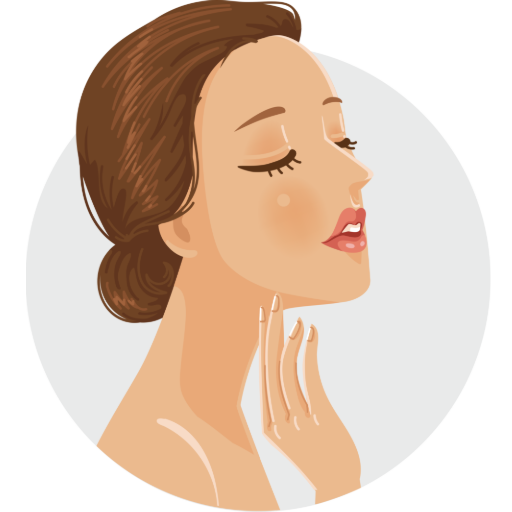

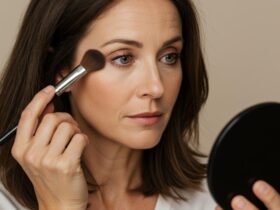

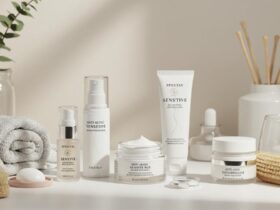
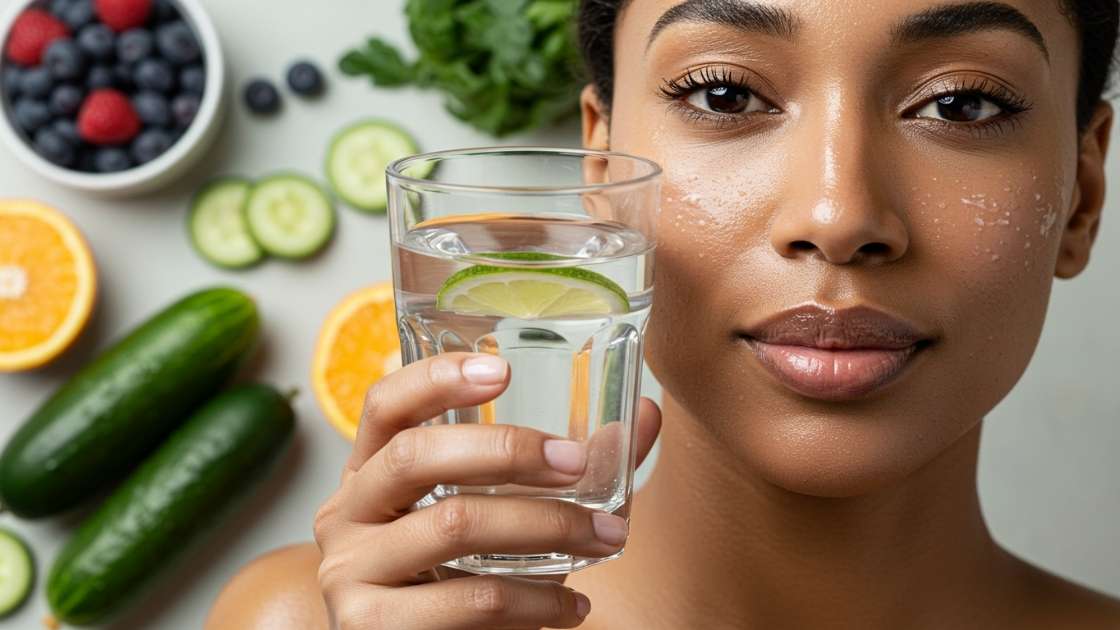

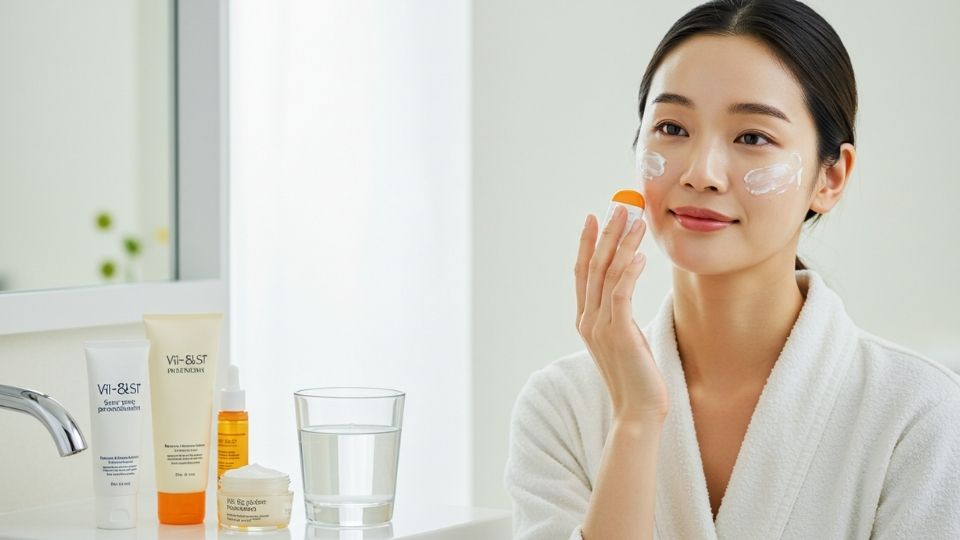

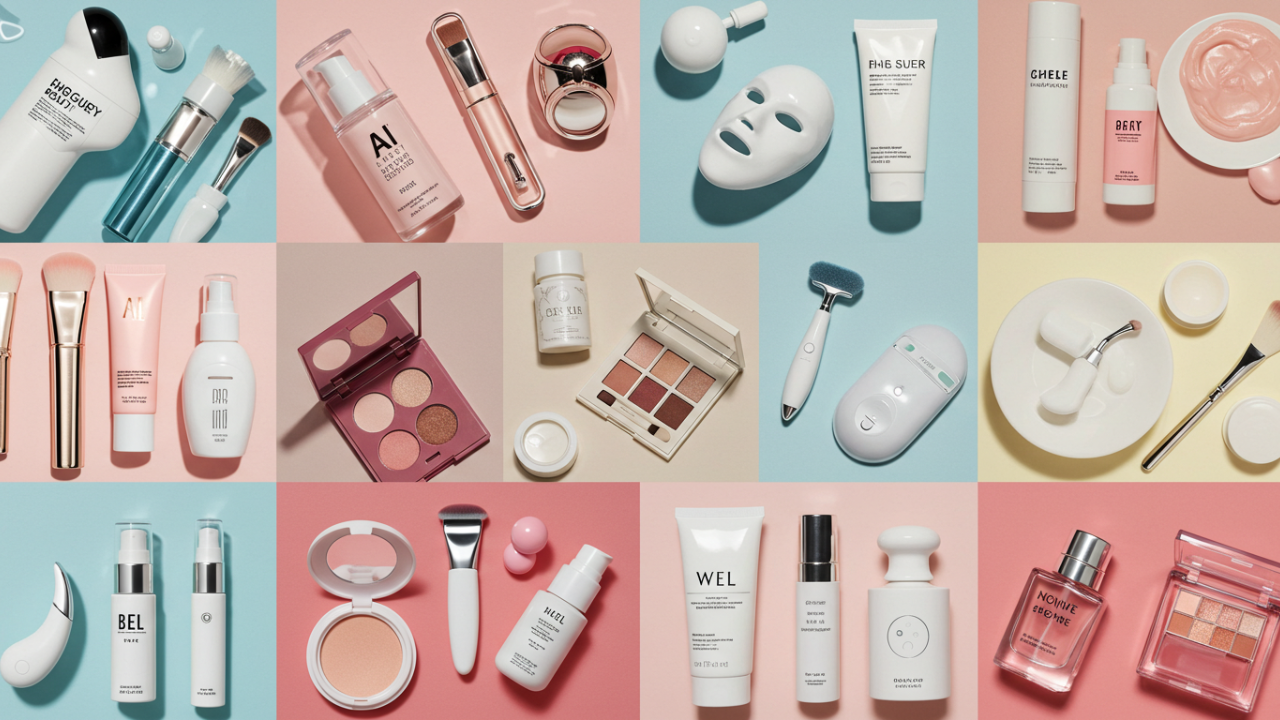
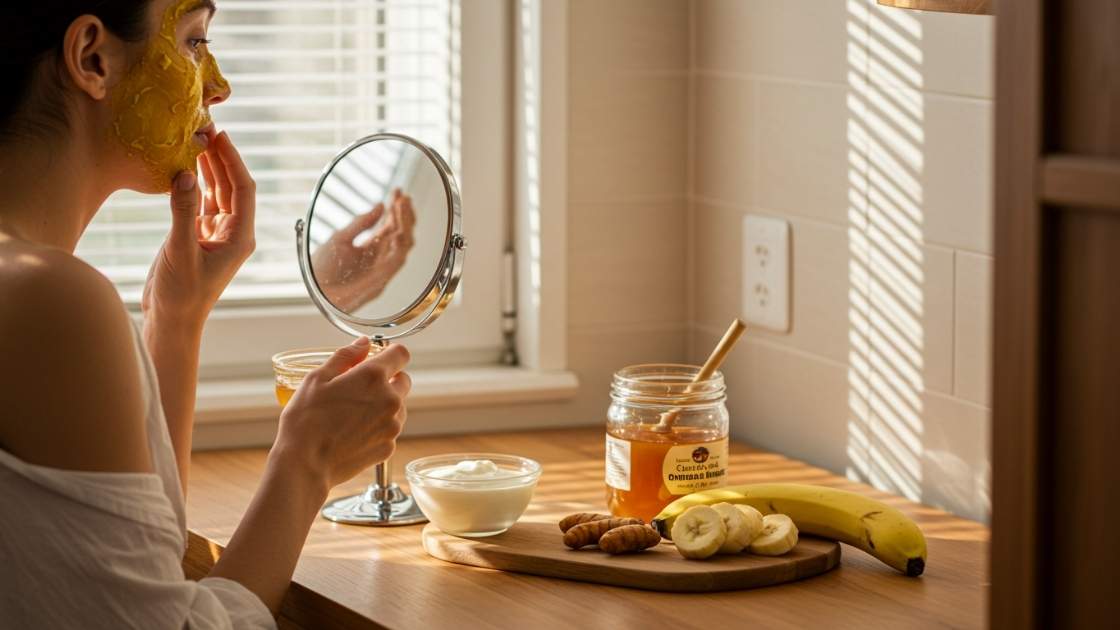
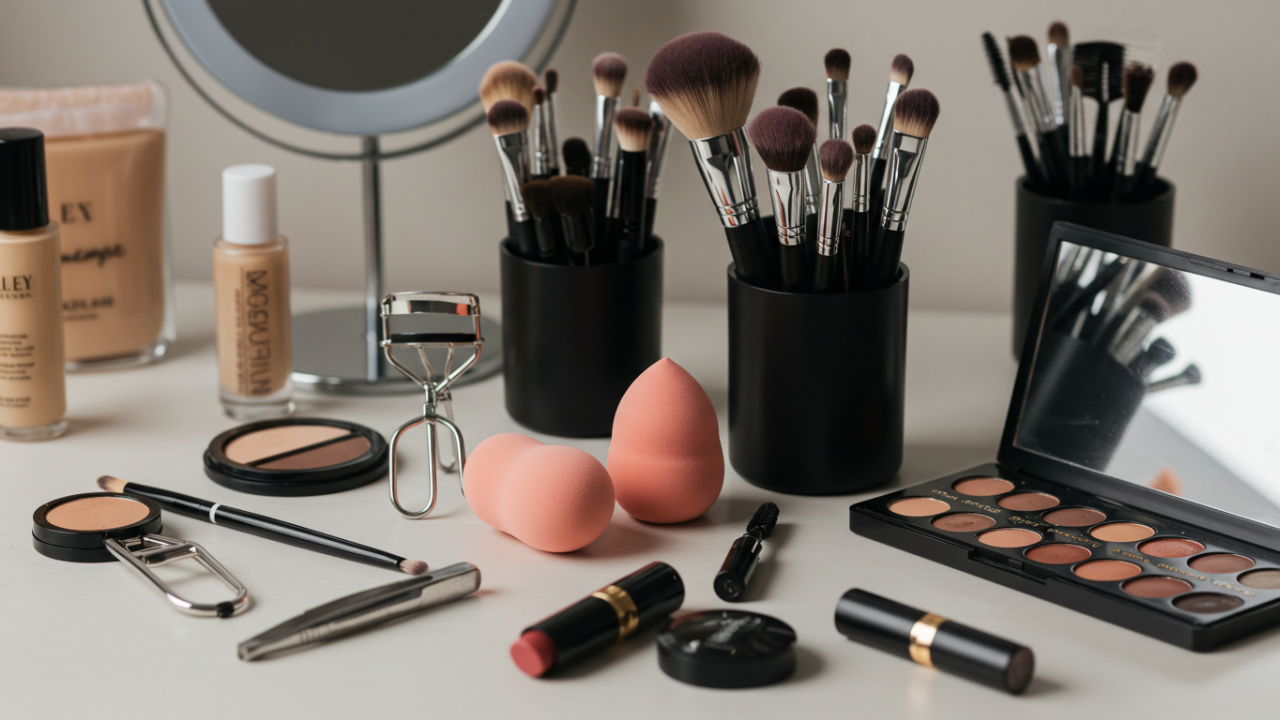
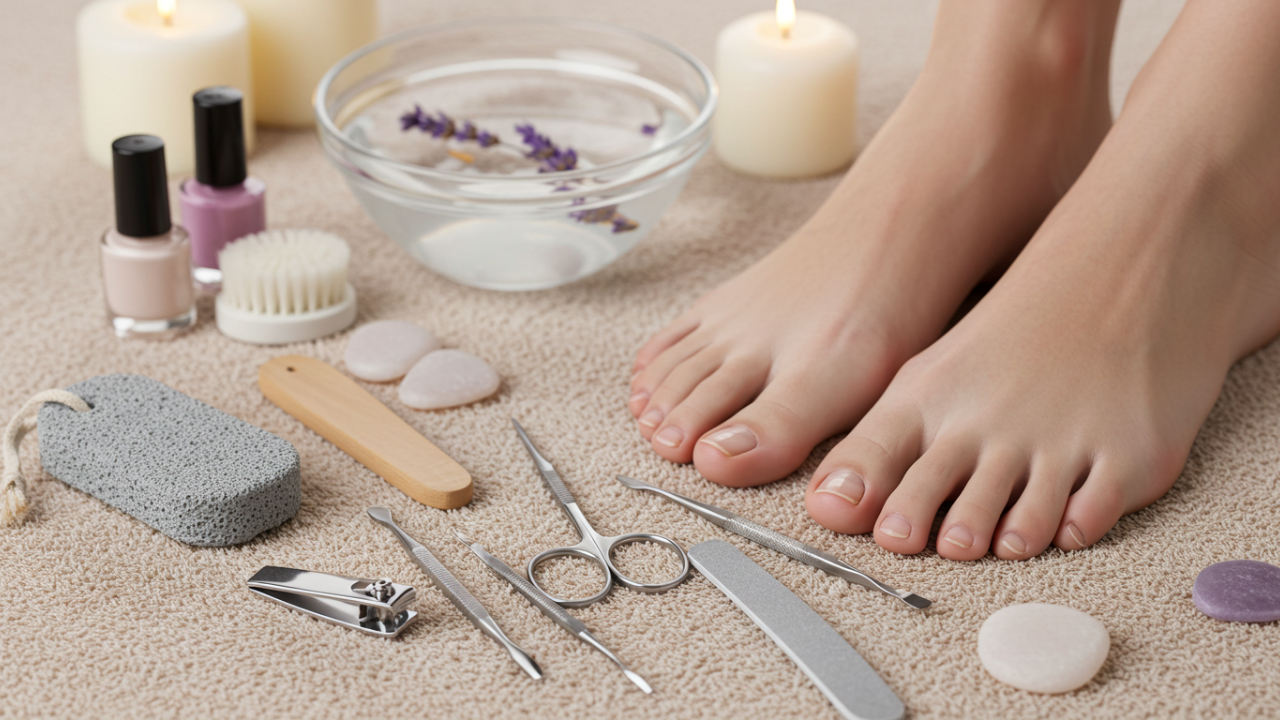
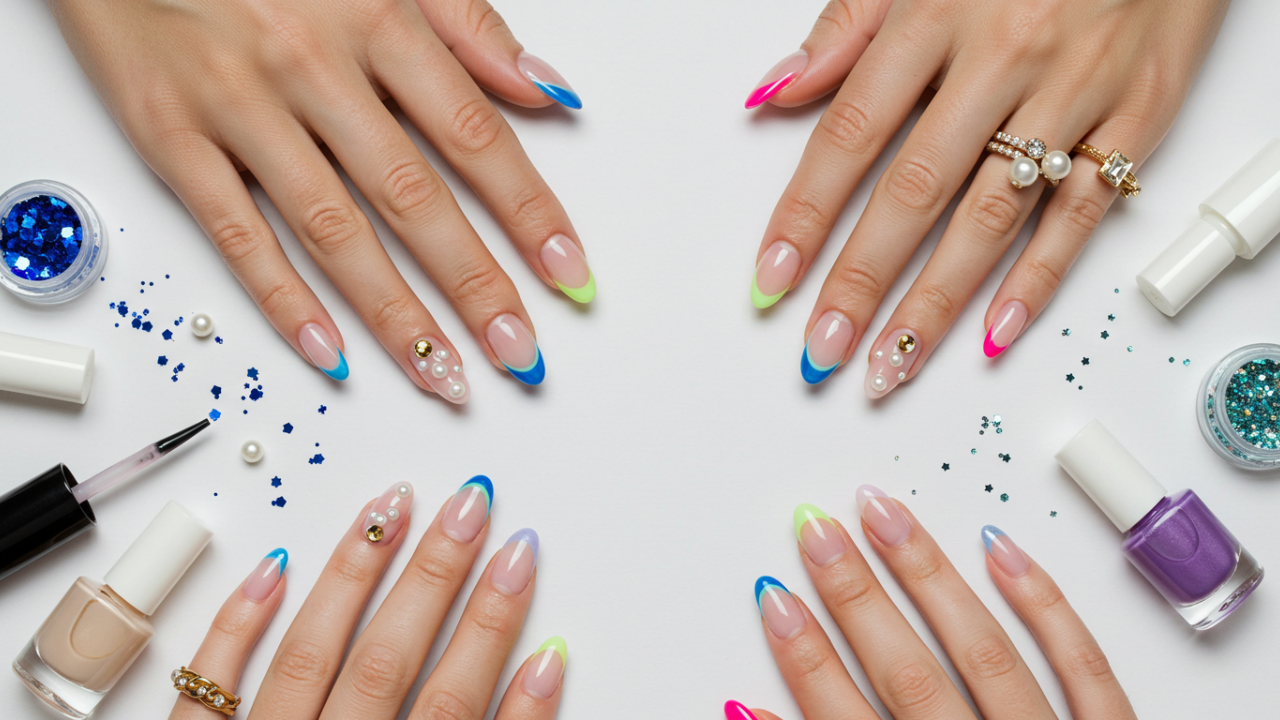

Leave a Reply
View Comments